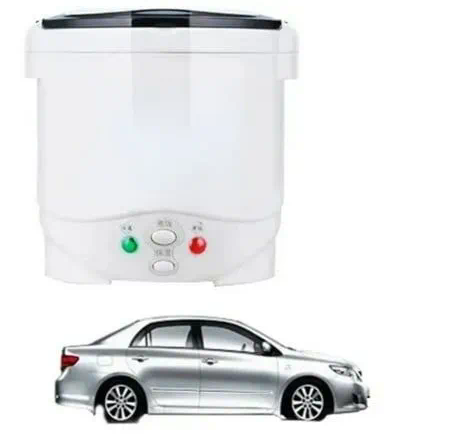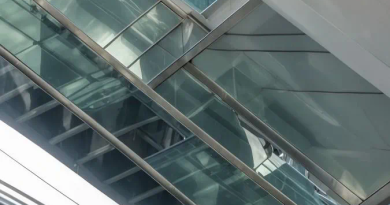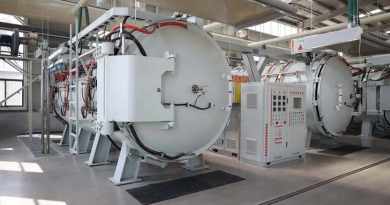Expandability and modular design of glass lined reactors
Glass lined reactors are crucial equipment in chemical and pharmaceutical industries, renowned for their robustness and versatility in handling various chemical processes. One of the key features that sets them apart is their expandability and modular design, which enhances their utility and adaptability to different production needs.
Overview of Glass Lined Reactors
Glass lined reactors are constructed using a combination of glass and steel, combining the beneficial properties of both materials. The interior surface, in direct contact with the chemicals, is typically glass-lined to provide excellent resistance to corrosion from acids, alkalis, and other reactive substances. This glass lining is fused to the steel substrate through a meticulous process, ensuring a durable and impermeable barrier that maintains purity and prevents contamination.
Importance of Expandability
The concept of expandability in glass lined reactors refers to their ability to accommodate changes in production requirements without glass lined reactors necessitating major overhauls glass lined reactor or replacements. This feature is particularly valuable in industries where flexibility and scalability are paramount. Reactors can be designed and manufactured with provisions for future expansions, such as additional ports, fittings, or even entire sections that can be added modularly.
Design Elements Enhancing Expandability

1. Additional Ports and Fittings: Reactors can be initially equipped with extra ports and fittings that can be utilized for introducing feedstocks, monitoring reactions, or withdrawing products. These can be strategically positioned to facilitate process optimization and ease of operation.
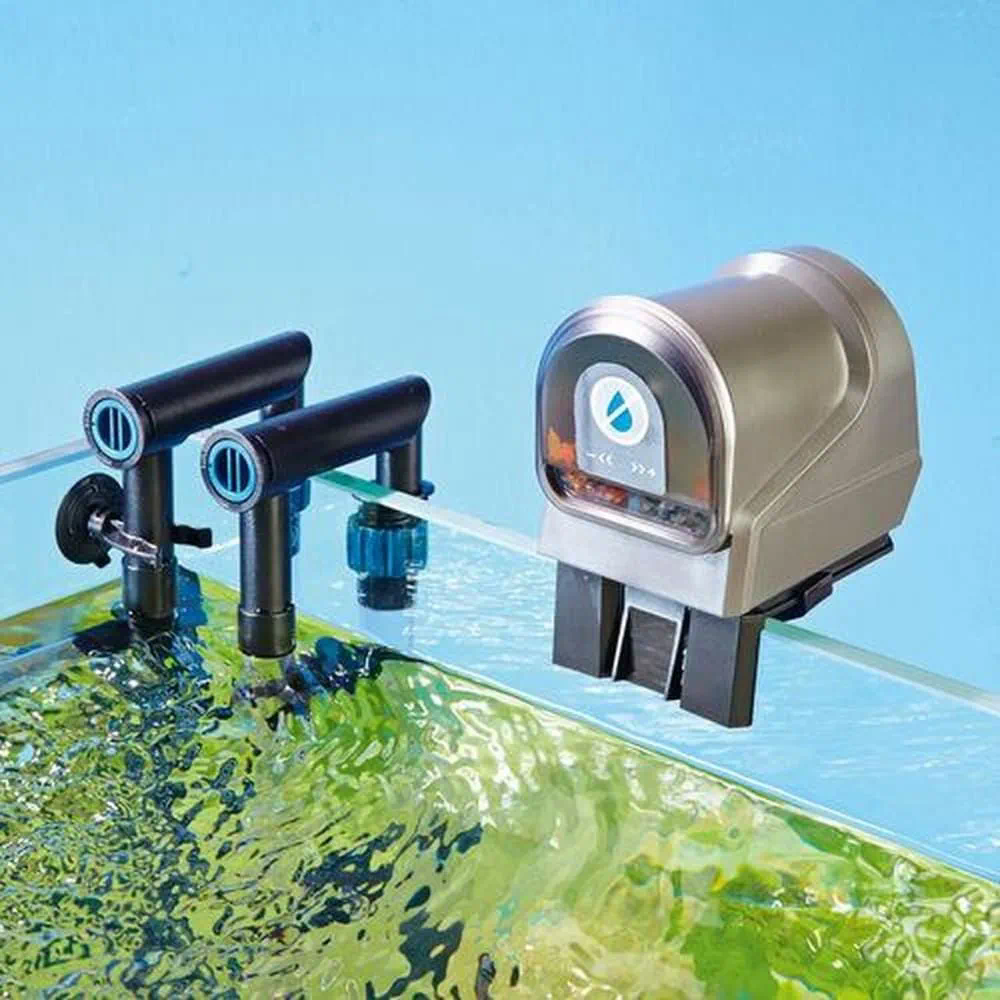
2. Modular Attachments: Modular design allows for the integration of supplementary components or sections as needed. For instance, heating/cooling jackets, agitators, or catalyst beds can be added or replaced without extensive downtime, enhancing operational efficiency.
Modular Design Features
Modularity in glass lined reactors extends beyond expandability to encompass ease of maintenance, repair, and customization. Each modular component can be individually serviced or replaced, minimizing disruption to overall production schedules. This approach also facilitates upgrades to newer technologies or adaptations to changing regulatory requirements.
Benefits of Modular Design
1. Ease of Maintenance: Segmented construction allows for targeted maintenance activities without affecting the entire reactor system. This reduces maintenance costs and prolongs the operational lifespan of the equipment.
2. Customization Options: Modular reactors can be tailored to meet specific process requirements, whether it involves altering reaction parameters, accommodating different batch sizes, or integrating specialized instrumentation.
Practical Applications
In practical terms, the expandability and modular design of glass lined reactors find applications across a spectrum of industries:
– Chemical Manufacturing: Facilitates the production of a diverse range of chemicals with varying reaction conditions and throughput capacities.
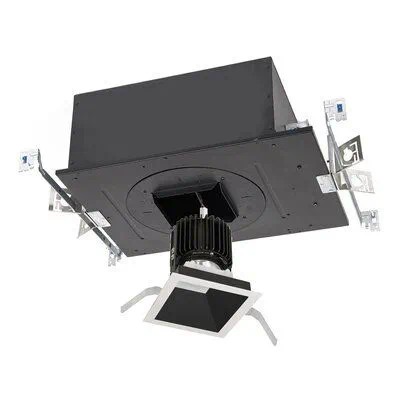
– Pharmaceutical Production: Enables efficient synthesis of pharmaceutical compounds while adhering to stringent quality standards and regulatory guidelines.
– Food and Beverage Processing: Supports processes requiring precise control over temperature, pH, and mixing dynamics for consistent product quality.
Future Trends and Innovations
As industries evolve, so too does the technology surrounding glass lined reactors. Future innovations may focus on enhancing modularity further, integrating advanced sensors for real-time monitoring, or optimizing energy efficiency through novel heat exchange mechanisms. The ongoing development of materials science may also yield new types of corrosion-resistant linings or composite materials for improved durability and performance.
Conclusion
Expandability and modular design are pivotal attributes that define the versatility and longevity of glass lined reactors. Their ability to adapt to changing operational needs and technological advancements underscores their importance in modern industrial processes. By investing in these capabilities, industries can achieve greater operational flexibility, efficiency, and sustainability while maintaining high standards of product quality and safety.
https://hearingearly.com/

